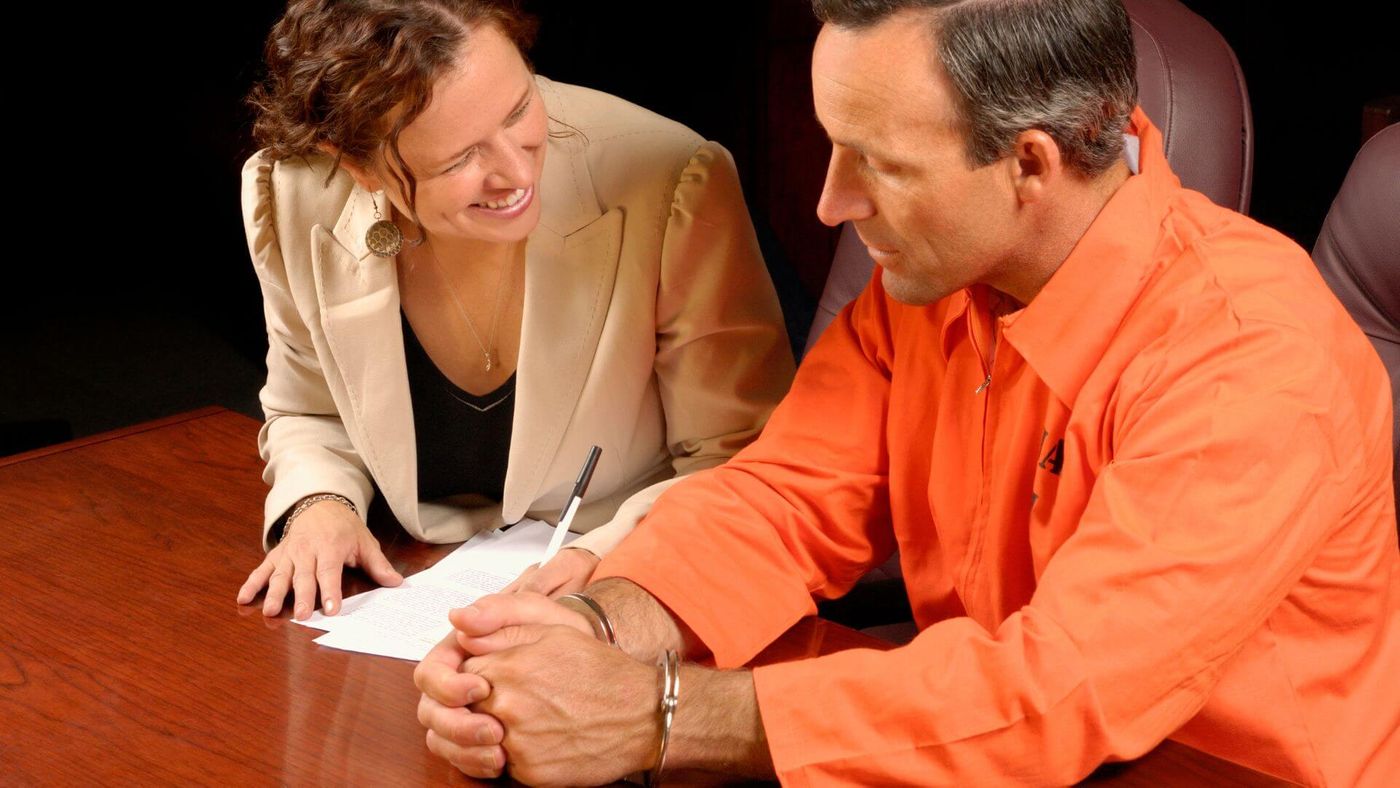If you or your loved ones ever get arrested, you’ll find yourself going through what’s called a ‘bond hearing’ to get out of jail. At a bond hearing or bail bond hearing the defendant requests the judge to release him/her from the confinement of the prison. Bond hearing is also referred to as first appearance hearing because it is the first time the defendant appears in front of the judge.
The judge makes the decision in this hearing on whether a bond should be granted to the accused or not. There are several things that the judge considers like the previous involvement of the accused in drugs, murder and other crimes, previous arrests and the financial situation of the accused. The most important thing that the judge sees is that whether or not the person accused poses a threat to the community or society.
BOND HEARING
Normally, a bond hearing occurs within two to three days after the accused has been arrested. However, some individuals must wait for their respective bond hearing. The individuals who allegedly commit a crime appear in a criminal court. There isn’t any bond hearing for a person who commits a murder. In the criminal court, it is determined by the judge if a bond can be granted to the defendant or not. A bond will not be issued if the judge determines that the defendant poses a threat to the community.
WHY BOND HEARING IS HELD?
The bond hearing is held to provide the defendant an opportunity to plead his/her case. The defendant can prove that he/she isn’t a threat to the community. The defendant is allowed to bring his/her family to the bond hearing for support which can be beneficial for him/her.
The defendant asks for a bond because it allows him/her to be released from the prison and appear later on the date that the court gives. The judge cannot set an excessive bail. The proof that the defendant provides to the judge will decide how excessive the bail should be.
A monetary bond must be paid for the defendant’s release. If the bond is already there, the defendant can plea to lower the bond. If the bond is very high, the judge may lower it. Both the granting of a bond and lowering of the existing bond depends on how serious the case is. The judge will see the kind of offense that the defendant has committed. Whether any serious injury or harm was caused to the victim by the defendant, whether the defendant has previously committed any crime and whether the defendant has been previously arrested. The judge evaluates these factors before granting a bond to the defendant.
BOND HEARING PROCEDURE
A bond hearing begins after the accused has been arrested. Bail hearings are presided over by the judge and jury isn’t required. The defendant and the lawyer of the defendant are there. The family of the defendant can also attend the hearing. During the bond hearing, the court judge hears to the arguments and sees the proof presented and decides whether or not the defendant should be granted a bail. There are certain things the judge looks for to make his/her final decision. This includes the character of the defendant and his/her history and the threat the defendant poses to the community.
When looking at the history and character of the defendant, the judge pays attention to financial resources, physical and mental condition, alcohol and drug history, record of previous appearances in the court, family ties, criminal history and the way defendant lived in the society.
If the court judge feels that the defendant is a threat to the society, then the defendant will be held without bail. In cases where a judge considers that the defendant should not be released on bond, special conditions are imposed by the judge if defendants and their lawyers argue for the release. These special conditions include maintaining employment, limiting travel, taking drug and alcohol tests regularly, going through psychological treatment, getting enrolled in an educational program, not consuming excessive alcohol or drugs, following a specific curfew, signing a bond agreement, experiencing house arrest and more.
A suspect may be denied a bail if the judge thinks that the bond money comes from criminal actions or illegal source. If the judge is in doubt, he/she will ask the defendant to provide proof that the money for the bond does not come from an illegal source. In case the defendant fails to provide the proof, the judge will deny the bail.
Judge sometimes decide that the defendant cannot be freed on bail. Sometimes, judges allow the defendant to be released on bail despite of the government emphasizing that the bail should be denied. Whether the defendant is denied freedom on bail or granted a bail, appeal against the decision of the court can be made. If the appeal has been made, the appellate will come into action and they will determine whether the court somehow abused its power. Almost always the decision of the court is upheld because the person appealing cannot provide the evidence to show that the decision made by the court was unreasonable or arbitrary and the court abused its power.
POSSIBLE OUTCOMES OF BAIL
The defendant generally hopes that the request of the bail will be approved by the court. In most cases, the bail request is approved in full when the prosecutor is in agreement. For the defendant to stay out of prison, specific conditions are set which are usually linked to education, employment, travel, medical treatment, etc.
The judge reserves the right to deny the bond hearing. If that happens, the defendant won’t be freed and he/she will have to stay in the prison. The defendant can make the appeal against the decision of the judge, but the appeal is mostly ruled out. If conditions of the bail are broken by the defendant, the court won’t grant them bail again.
That’s everything you can expect at a bond hearing. If you have more questions about the bond hearing procedure, feel free to contact us.

